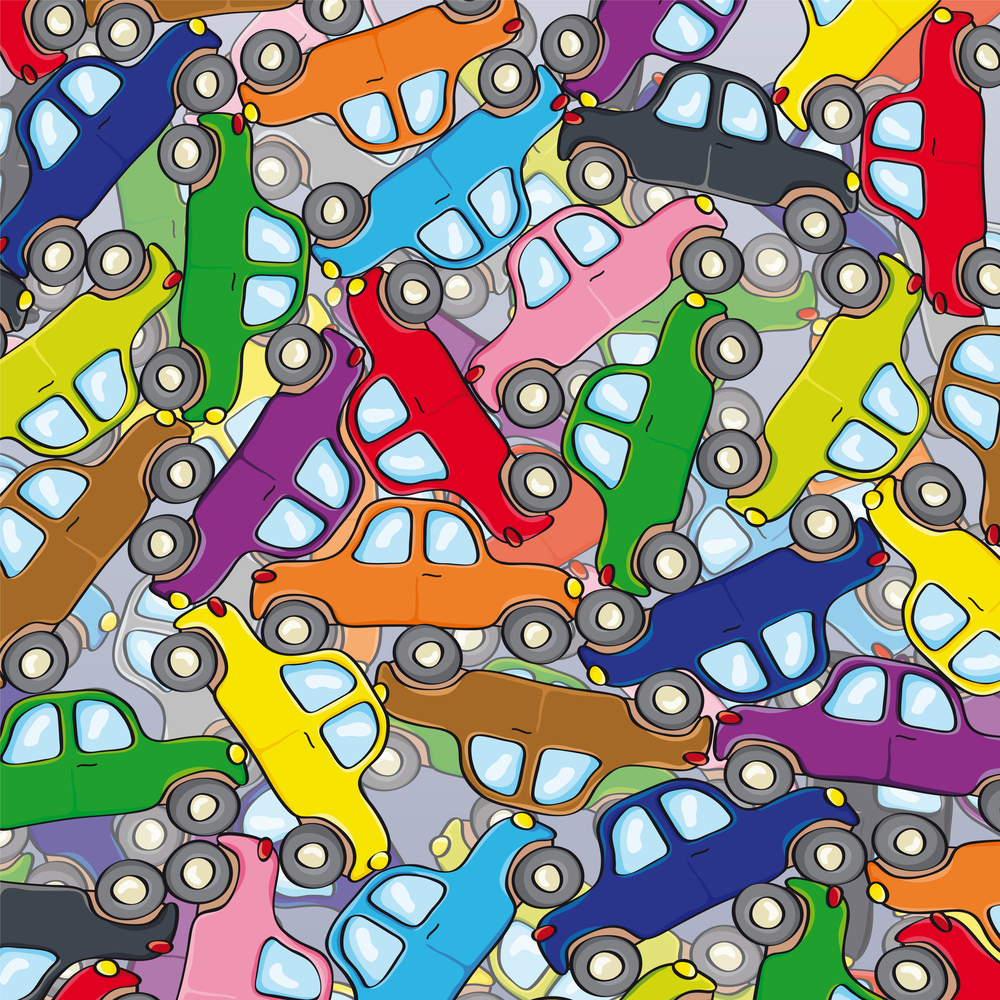4 in 5 Parents of Teen Drivers Would Enroll Child in Telematics Program

Parents of teenage drivers are worried about their children’s driving safety—and for good reason, according to Nationwide’s “Driving Behaviors Survey.” Less than half (42%) of parents rate their teen’s driving as good or excellent, but view technology like telematics programs as a potential training solution. Among specific behaviors, 42% are concerned about their teen engaging in distracted driving, and 36% are worried about their child speeding or driving recklessly.
The fears are well-founded, with many parents reporting their teen exhibits unsafe behavior while driving. Nearly half (47%) say their child eats or drinks while driving, and a quarter (24%) say their teen puts on makeup or styles their hair while driving. An additional 23% say their child texts while driving and 18% say their child even watches videos while behind the wheel.
More than 4 in 5 parents say they would be likely to enroll their teen in a telematics program that offers rewards based on driving behavior. The No. 1 motivator is to improve their child’s driving habits and safety.
More on Telematics
U.S. personal auto consumers in general are open to telematics programs offering rewards for driving behavior, with 70% of consumers saying they would be likely to enroll in one. However, consumers without teen drivers are primarily motivated by saving money on their insurance.
Parents—and consumers in general—are also on board with the idea of dashcams, despite few actually having them. Only 26% of teen drivers, 29% of parents of teen drivers, and 20% of consumers have dashcams in their cars. But 96% of parents agree that dashcams can provide valuable evidence in the aftermath of accidents or disputes, compared to 94% of consumers in general. The vast majority of parents (89%) and consumers (85%) believe dashcams encourage drivers to adhere to safety guidelines and regulations.
Seventy-six percent of parents and 60% of consumers are even comfortable with the use of artificial intelligence (AI)-enabled dashcams that monitor driving behavior.

Register for the 2025 Big ‘I’ Fall Leadership Conference
However, drivers are split on whether touch screens and built-in display systems reduce or increase distracted driving. Nearly half (47%) of consumers say touch screens and display systems contribute to distracted driving, up 6 percentage points from last year. But only 40% of parents of teen drivers believe these systems increase distraction, instead viewing them as a safer alternative to holding a cell phone.
When it comes to autonomous vehicles, most consumers are unhappy with the idea of autonomous cars on the road within the next five years—64% of parents of teen drivers say they’re uncomfortable with the thought, compared to 69% of general consumers.
AnneMarie McPherson Spears is IA news editor.











